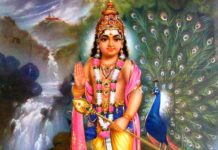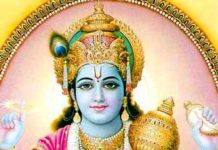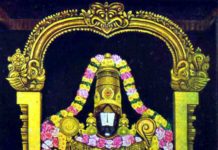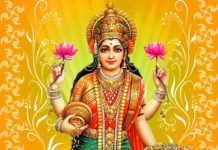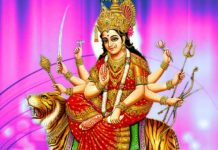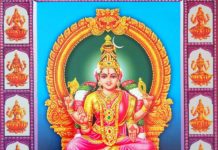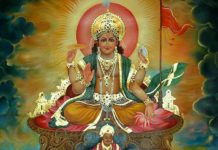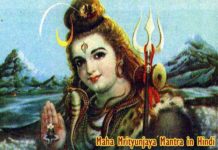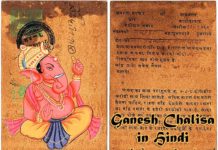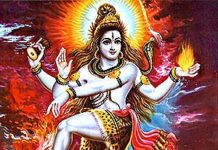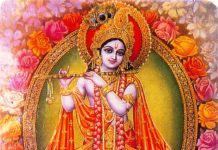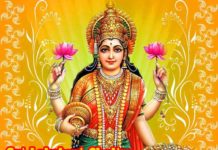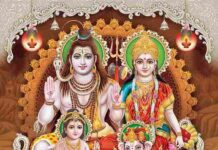Vat Savithri Vrat is the celebration observed by the Hindu married women for the welfare of their husband and family. This is mostly observed either on the Amavasya or the Pournami of Jyeshta month.
The fasting commences on the preceding Thrayodashi of either Amavasya or Pournami. The Vrat observed on the Jyeshta Pournami is known as Vat Purnima Vrat.
Vat Savithri Vrat occurs on the Jyeshta Amavasya. It happens on Thursday, 6th June 2024. The exact duration of the Amavasya Thithi has to be ascertained from the respective regional calendar. The Vrat is also known as Sabithri Amabasya.
Legend
“Vat” means the banyan tree. This festival is observed by worshipping the Vat tree as the God. The banyan tree is said to represent the three murthys. The roots denote Sri Brahma, the stem denote Sri Vishnu and the upper part of the tree is said to denote Bhagwan Shiva.
The story of Sri Savithri Devi is also remembered. The story is narrated in Brahma Vaivartha Puran.
Savitri was a pious and devout woman. She got married to a Prince named Satyavaan who was also called as Sathyavanta. Savitri was very much devoted to her husband.
One day, Satyavaan went to the forest to pluck some fruits. She too went with him. When he was plucking the fruits, suddenly he fell down and died.
Savitri saw the Deity Yama taking away her husband. She stopped Yama. Yama told her that her husband’s life ended due to his previous birth karma effects.
Savitri did not accept Yama’s reasoning. She kept following him asking him to return her husband to life.
With persistence, she also had fierce discussions with Yama on various aspects of life. Yama was forced to stop and talk to her.
She asked him about Karma and its effects. He told her the underlying principles of Karma. By the time he finished his narrative, he cannot help but appreciate her determination.
Yama told her that she could ask for any boon. She immediately asked for 100 children with her husband. Yama granted the boon. With the effect of his boon, Satyavaan also came to life. Pleased with her devoutness, Yama also told her about the benefits of various daans (donations).
Rituals
The observation of fasting commences invariably on the preceding Thrayodashi day. It is believed that some women partake of only the root of the banyan tree with water for these three days.
On Savithri Vrat day, women rise before sunrise. They take bath by applying sesame seeds and amla. They adorn clean / new clothes, wear bangles and apply sindhoor on their forehead.
They take a plate or container having new saree, variety of fruits and glass bangles to the temples. The glass bangles would be of black, red or brown colors. Mostly black color bangles are preferred.
The Banyan tree is worshipped by way of tying the red or yellow colored thread around it. Water, rice and flowers are offered in the Puja. The women then go around the tree as pradakshina chanting the prayers. Those who could not find the banyan tree make the image of the tree at home and do Puja to the image.
They come home and wear the new saree. Special dishes are offered as Neivedyam. Only the uncooked food is offered and partaken as Neivedyam. It mostly consists of tender coconut water, wood apple sharbat mixed with jaggery, soaked sabudhana and fruits.
The prasadam is distributed to family and friends. Women seek the blessings of the husband and the family elders. For the married daughters of the family, gifts are being sent.
Making donation of money or food to the poor and needy is considered auspicious. It is believed that observation of this Vrat shall ensure the health and welfare of the husband and the family. It is also believed to bring in more prosperity.







